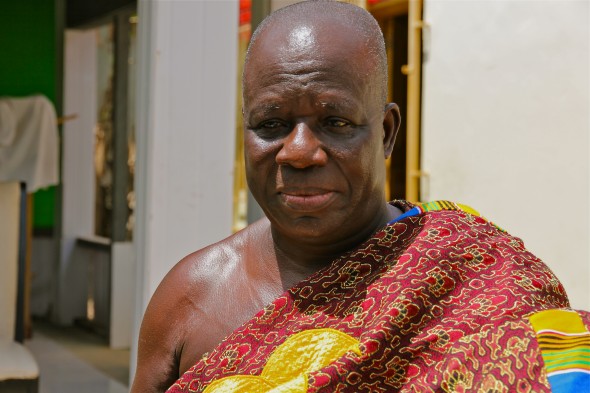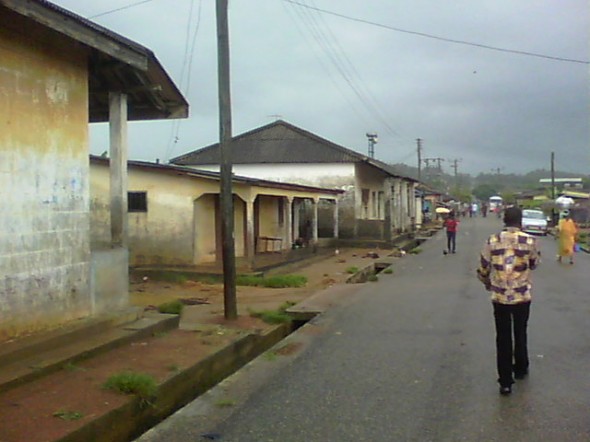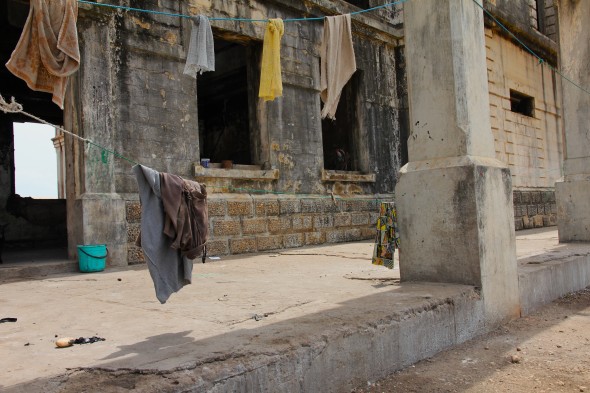Jubilee’s oil…Bonyere’s gas: what’s going on?
Today I’m posting an article by Stephen Yeboah on the proposed Bonyere gas project. Yeboah, a Ghanaian development practitioner who focuses on the extractive industries, recently participated in a training program on oil and gas reporting funded by Revenue Watch Institute, Thomson Reuters Foundation and the International Institute of ICT Journalism (Penplusbytes).
First some background:
The Jubilee oil development project includes plans to pipe the gas released by the drilling to shore where it will be processed to generate electricity and eventually lead to further industrial development.
President Mills announces infrastructure development plans for Western Region
During a visit to Sekondi President Mills announced that 10% of Ghana’s oil revenues would not be enough for all the work that must be done in the Western Region. Those are words intended to please the chiefs of the Western Region who demanded that 10% of Ghana’s oil revenues to regional development. Their demand was thrown out of parliament and local leaders have vowed to make this an election issue.
Earmarking 10% of the country’s oil revenues for the Western Region is complicated: What happens when drilling begins in other regions and what precedent does this set for other industries, like mining? But no one can argue that the Western Region is not in need of massive infrastructure improvements. And, some say, the 10% demand provides Ghana’s leaders to consider the problem of resource-rich areas that have never fully benefited from their resources (in the gold mining sector, most notably).
Western Region: We will stand by our oil revenue petition

Awulae Annor Adjaye, President of the Western Nzema Traditional Council, told us in a recent interview that the Western Region will continue to press for a share of Ghana's oil revenues.
Ghana may have passed a Revenue Management Bill that has been largely praised (albeit with some caveats) both at home and abroad, but that does not mean that all the contentious issues have been resolved. The Western Regional leaders have no intention of abandoning their claim for a share of the country’s oil wealth and this is likely to be a major sticking point moving forward. Continue reading . . .




